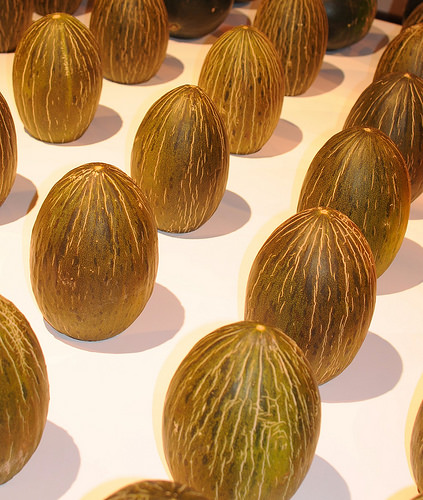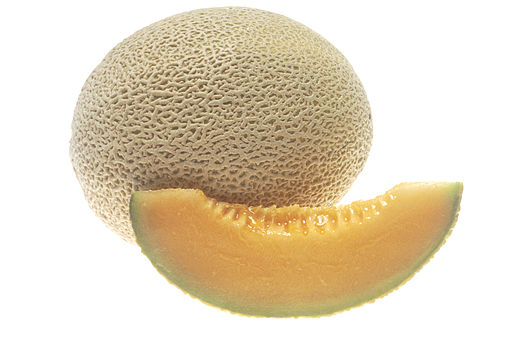
Melon sales in the UK retail sector were up 6.2% in volume and 4.9% in value for the 52 weeks to March 29, Kantar Worldpanel data shows.
Altogether 134,402 tons of melons were sold, for a total spend of nearly £135 million (€187m), with honeydew/yellow and Galia accounting for nearly 62% of that value. Honeydew/yellow sales were up 6.3% in volume and 4.1% in value on the previous 52 weeks, and Galia 4.3% for both.
But the biggest percentage change was seen for watermelon, Piel de Sapo and Charentais melons. Watermelon – which accounted for just under a sixth of the total melon spend – enjoyed growth of 13.4% in value year-on-year and 14% in volume (to 30,570 tons).
Piel de Sapo gained almost 11% in value and 12.3% in volume (to 5,297 tons) and the specialty melon Charentais leapt up 190% in value and 171% in volume but off a much smaller base – 251 tons sold for the year to March 29.
Cantaloupe sales slipped 1.6% in value and by the same amount in volume, to 13,054 tons.

